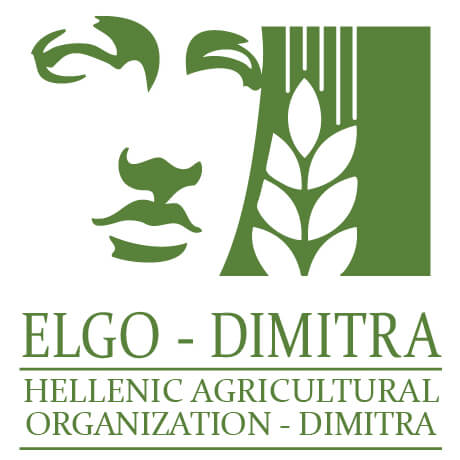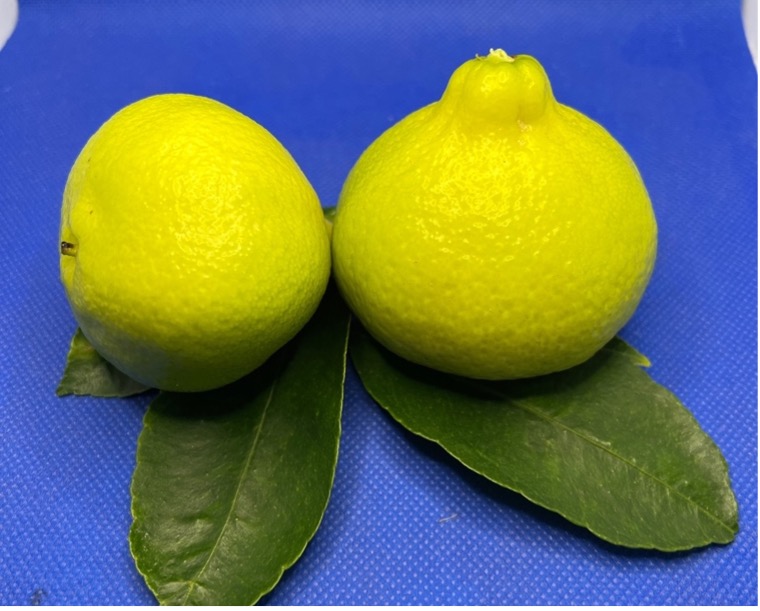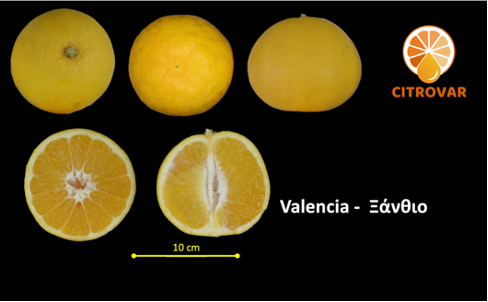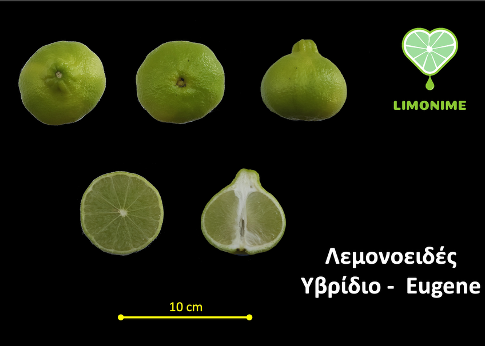
AGRICULTURAL RESEARCH


Greek agriculture faces both challenges and opportunities—among them, the development of new, improved varieties with better taste, fruit quality, and greater resistance to environmental and agronomic stress. This is the case with the new citrus varieties currently being developed, which aim to enhance both the competitiveness and sustainability of citrus cultivation.
At the Institute of Olive, Subtropical Plants and Viticulture of ELGO-DIMITRA, Dr. Vasilis Ziogas and his research team are paving the way toward a new generation of citrus varieties. "Our goal is threefold: high quality, adaptation to the Greek environment, and strong market value," emphasizes Dr. Ziogas.
A fundamental requirement for creating new, improved varieties suited to modern agriculture—from disease resistance to climate adaptability—is the preservation of genetic material. Under Dr. Ziogas's supervision, HAO-DEMETER maintains an extensive collection of citrus varieties in Chania, which serves as a valuable genetic reserve for future research and breeding.
New Flavor in Orange Groves
The new orange varieties developed at the Institute have all the attributes to stand out. They combine high yields with exceptional organoleptic characteristics. They are notable for their flavor, processing potential, and overall performance and shelf life in the field.
“The new oranges are extremely sweet, with intense aroma and balanced acidity,” notes the ELGO-DIMITRA researcher. These features make them stand out in international markets—something of great importance for Greek citrus exports. "Although classified under the Valencia type, these varieties ripen from autumn through mid-winter and are unique in their dual-use potential," says Dr. Ziogas.

These new varieties are not only developed for better taste and productivity. They are selected based on resistance to high temperatures, drought, and common diseases, thus helping Greek production adapt to climate change challenges. "These varieties are the result of years of research, utilizing advanced technologies to select the most resilient and productive traits. Additionally, their high vitamin C content and increased polyphenols make them healthier and aligned with modern dietary trends," adds Dr. Ziogas
The Limetta of the Future
ELGO-DIMITRA's new limetta variety, a unique hybrid between lime and lemon, has been described by experts as a "phenomenon" in citrus cultivation. Unlike most international efforts, which resulted in small or inedible fruits, this new variety stands out for its pear-shaped form, juicy seedless flesh, and refined color. Its taste is distinctive, with an aromatic profile that resembles neither lemon nor lime.
“This limetta ripens from late August to November and can fruit continuously in greenhouse conditions. It has exceptionally rare traits, high citric acid content, and high concentrations of vitamin C. Its flavor is unique and highly aromatic, and the tree does not exhibit fruit drop,” explains Dr. Ziogas.
However, the variety’s greatest advantage is not only its technical traits but also its economic benefits for producers. “It combines stable and abundant yield with the quality traits that today’s market demands. This means fewer losses and higher income for growers. Its unique organoleptic properties also make it a dynamic variety with strong export potential,” adds Dr. Ziogas.
The Future of Improved Varieties
The development and dissemination of new citrus varieties in Greece is not only a strategy to increase production but also a response to the challenges posed by climate change and the growing demand for high-quality, nutritious products. Dr. Ziogas stresses that “improved citrus varieties are an integral part of the strategy for the advancement of Greek agriculture. Our research focuses on adapting crops to diverse climatic environments and strengthening their resistance to abiotic and biotic stress caused by climate change.”

Ongoing research and continued investment in agricultural innovation can make Greek agriculture a leader in sustainable and high-quality fruit production in the Mediterranean—moving away from practices that degrade the environment.
Contact: Dr. Vasileios Ziogas, ELGO-DIMITRA, Athens – ziogas@elgo.gr